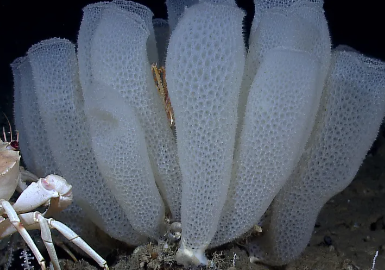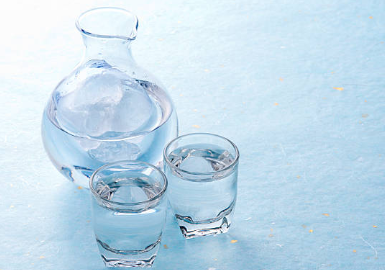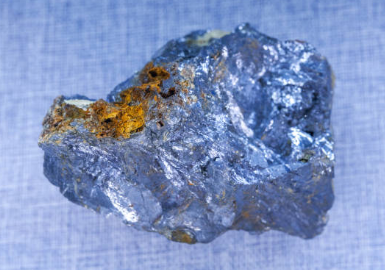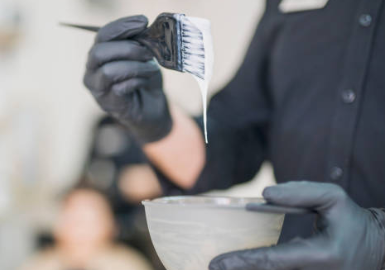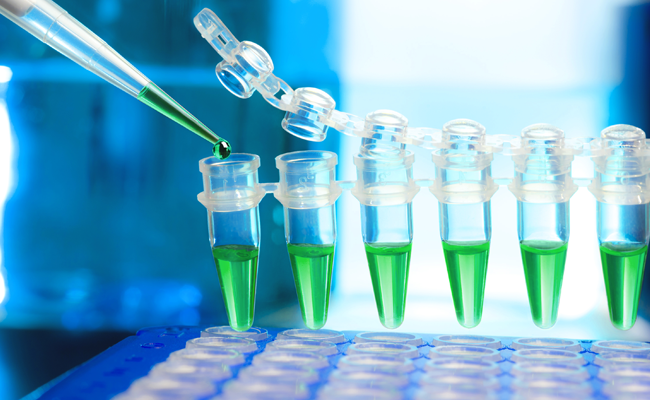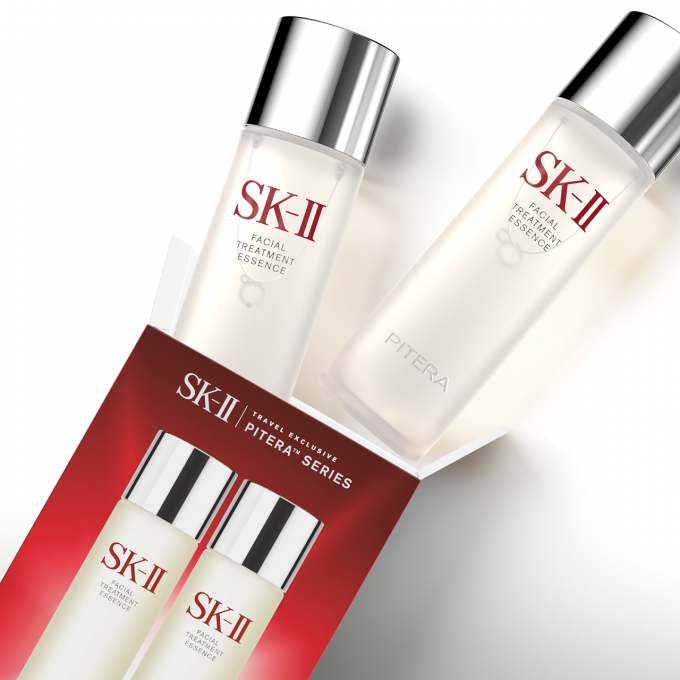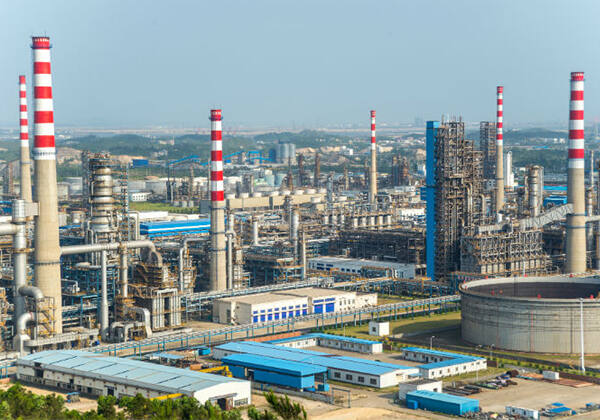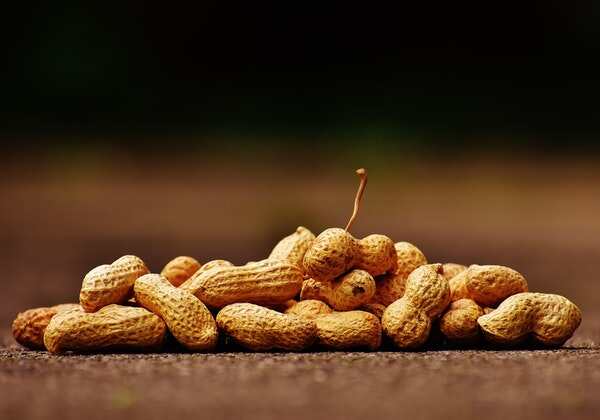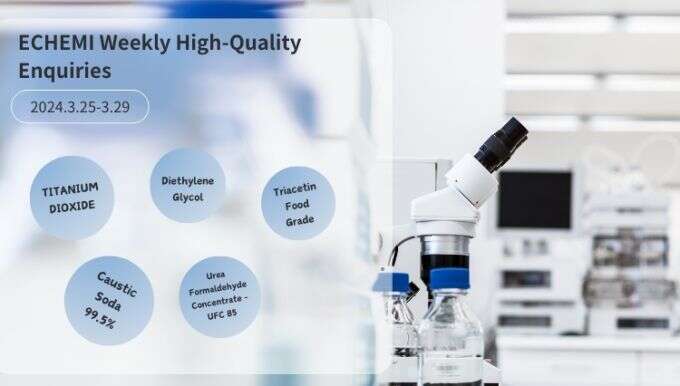
FAQ
-
![The significance of the structural principles of six rayed sponge spicules to the field of architecture The significance of the structural principles of six rayed sponge spicules to the field of architecture]()
The significance of the structural principles of six rayed sponge spicules to the field of architecture
2024-08-23Six rayed sponge spicules, also known as glass sponge spicules, are complex glass skeleton systems grown by hexactinellid sponges, known for their ability to synthesize unusually long and highly flexible fibrous spicules.
-
![Distilled Water VS Boiled Water| Detailed Explanation Distilled Water VS Boiled Water| Detailed Explanation]()
Distilled Water VS Boiled Water| Detailed Explanation
2024-08-23Recently, the topic of distilled water vs boiled water has sparked a discussion. Do you know any information about distilled water vs boiled water, let’s learn more about it.
-
![Sea sponge spicules - Application prospects of biological skeletons from the Cambrian period Sea sponge spicules - Application prospects of biological skeletons from the Cambrian period]()
Sea sponge spicules - Application prospects of biological skeletons from the Cambrian period
2024-08-22Sea sponge spicules refer to the skeleton of the simplest multicellular organism, sponges, which grow in marine environments. The main skeleton and support are glassy siliceous spicules, and there are also calcareous spicules.
-
![What are glass sponge spicules? What are glass sponge spicules?]()
What are glass sponge spicules?
2024-08-22Glass sponge spicules come from deep-dwelling animals called glass sponges, whose complex glass-like skeletal structures are called glass sponge spicules. Glass sponge spicules are made of silica, the same material that makes glass.
-
![Distilled Water vs Alkaline Water: A Detailed Explanation Distilled Water vs Alkaline Water: A Detailed Explanation]()
Distilled Water vs Alkaline Water: A Detailed Explanation
2024-08-22Water is an important element of our everyday lives, and its quality can affect our health and well-being. There are two types of water. This article will delve into distilled water vs alkali water.
-
![An Introduction to Different Types of Resin An Introduction to Different Types of Resin]()
An Introduction to Different Types of Resin
2024-08-21Both natural and synthetic resins are collectively referred to as resin. Depending on their properties, different types of resin can be grouped together into different categories.
-
![Do You Know the Difference Between Heterogeneous And Homogeneous Mixtures? Do You Know the Difference Between Heterogeneous And Homogeneous Mixtures?]()
Do You Know the Difference Between Heterogeneous And Homogeneous Mixtures?
2024-08-20Have you ever heard of heterogeneous and homogeneous mixtures? Do you know the difference between heterogeneous and homogeneous mixtures? This article will tell you the answer.
-
![Difference Between Fluorine And Fluoride | Overview Difference Between Fluorine And Fluoride | Overview]()
Difference Between Fluorine And Fluoride | Overview
2024-08-16Difference between fluorine and fluoride: Fluorine is a reactive elemental gas, and fluoride is an ionic compound of fluorine and other elements.
-
![A Deeper Understanding of the Difference between Epoxy and Resin A Deeper Understanding of the Difference between Epoxy and Resin]()
A Deeper Understanding of the Difference between Epoxy and Resin
2024-08-15This article provides information about the difference between epoxy and resin, aiming to offer valuable perspective for readers. Their basic information and differences are mainly mentioned.
-
![Difference Between Acid And Base | Detailed Overview Difference Between Acid And Base | Detailed Overview]()
Difference Between Acid And Base | Detailed Overview
2024-08-14Difference between acid and base: Acids taste sour, peel the skin off metals and make litmus paper turn red. Bases taste bitter, their diode switches to green and turns the litmus paper blue.
-
![Copper Reacts with Silver Nitrate || Detailed Explanation Copper Reacts with Silver Nitrate || Detailed Explanation]()
Copper Reacts with Silver Nitrate || Detailed Explanation
2024-08-13In the arena of chemistry, reactions among special substances frequently lead to fascinating ameliorations. Let’s Discuss how copper reacts with silver nitrate.
-
![Citric Acid Water Conditioner | Detailed Explanation Citric Acid Water Conditioner | Detailed Explanation]()
Citric Acid Water Conditioner | Detailed Explanation
2024-08-12A citric acid water conditioner is preferred because for several reasons: it can soften the hard water, adjust pH value, and be good at sterilization and disinfection.
-
![Caustic Chemicals Used In Soap Making | Detailed Overview Caustic Chemicals Used In Soap Making | Detailed Overview]()
Caustic Chemicals Used In Soap Making | Detailed Overview
2024-08-09Caustic chemicals used in soap making: Sodium hydroxide, which belongs to the category of caustic chemicals, is key in soap production.
-
![Catalyst In Catalytic Converters | In-depth Review Catalyst In Catalytic Converters | In-depth Review]()
Catalyst In Catalytic Converters | In-depth Review
2024-08-08The catalyst in catalytic converters induces chemical reactions, converting hazardous elements of car exhaust into less harmful substances.
-
![Carrot Oil for Hair Growth: Scientific Explanations Carrot Oil for Hair Growth: Scientific Explanations]()
Carrot Oil for Hair Growth: Scientific Explanations
2024-08-07The use of carrot oil for hair growth and improving hair health is on the rise. This article explores these claims with the help of scientific evidence.
-
![Exploring a Biological Question: the Carbon Importance to Life Exploring a Biological Question: the Carbon Importance to Life]()
Exploring a Biological Question: the Carbon Importance to Life
2024-08-06Why do scientists claim that carbon is the core element of life? In this essay, we will introduce the carbon importance of life in detail.
-
![Product Of Mixing Bleach And Ammonia: Mustard Gas Product Of Mixing Bleach And Ammonia: Mustard Gas]()
Product Of Mixing Bleach And Ammonia: Mustard Gas
2024-08-05What is the product of mixing bleach and ammonia? Mustard gas is the key to the question. The answer may be unfamiliar to you. Let’s learn about the reaction of mixing bleach and ammonia.
-
![Best Paint for Resin | Detailed Explanation Best Paint for Resin | Detailed Explanation]()
Best Paint for Resin | Detailed Explanation
2024-08-02Do you know resin coatings? What is the best paint for resin? What are the benefits of the best paint for resin? This article will show you some useful knowledge of this topic.
-
![Do You Know the Benefits of Linoleic Acid? Do You Know the Benefits of Linoleic Acid?]()
Do You Know the Benefits of Linoleic Acid?
2024-08-01Linoleic acid is highly regarded, because it can decrease blood cholesterol and prevent atherosclerosis. Besides this, this passage will introduce other benefits of linoleic acid for human health.
-
![What are the Functions of Ammonium Chloride in Cough Medicine? What are the Functions of Ammonium Chloride in Cough Medicine?]()
What are the Functions of Ammonium Chloride in Cough Medicine?
2024-07-31In this paper, the functions of ammonium chloride in cough medicine will be discussed. Then the notices when taking it will also be introduced.
Hot News
-
How Long is Amoxicillin Good for in the Fridge
-
How to Make Potash: A DIY Guide for You To Try
-
How to clean with caustic soda-Everything you should know
-
Does Amoxicillin Need to Be Refrigerated
-
How and Why Is Silver Nitrate Soluble in Water?
-
How To Make Ether? Step By Step Guide On Making Ether
-
How to make sodium hydroxide from baking soda and its uses
-
Is rubber a type of plastic? Everything you need to know about rubber
-
Why Does Benzoic Acid Not Dissolve in Water? Everything You Need to Know
-
Quickly Review: What is the Charge of Zinc





